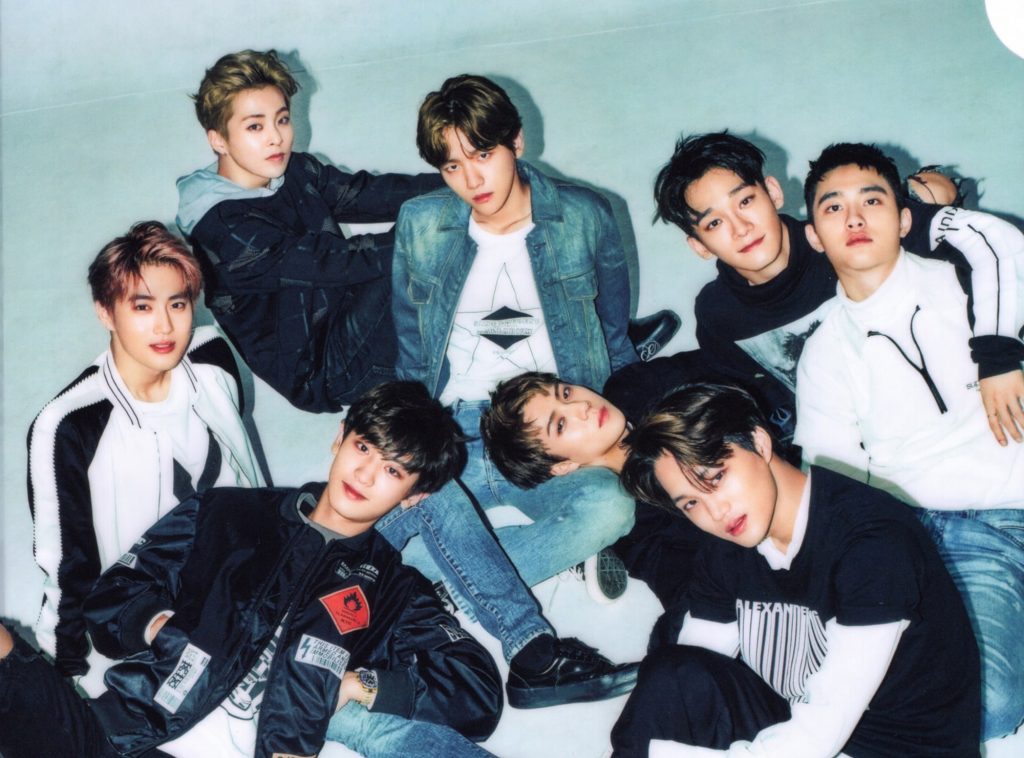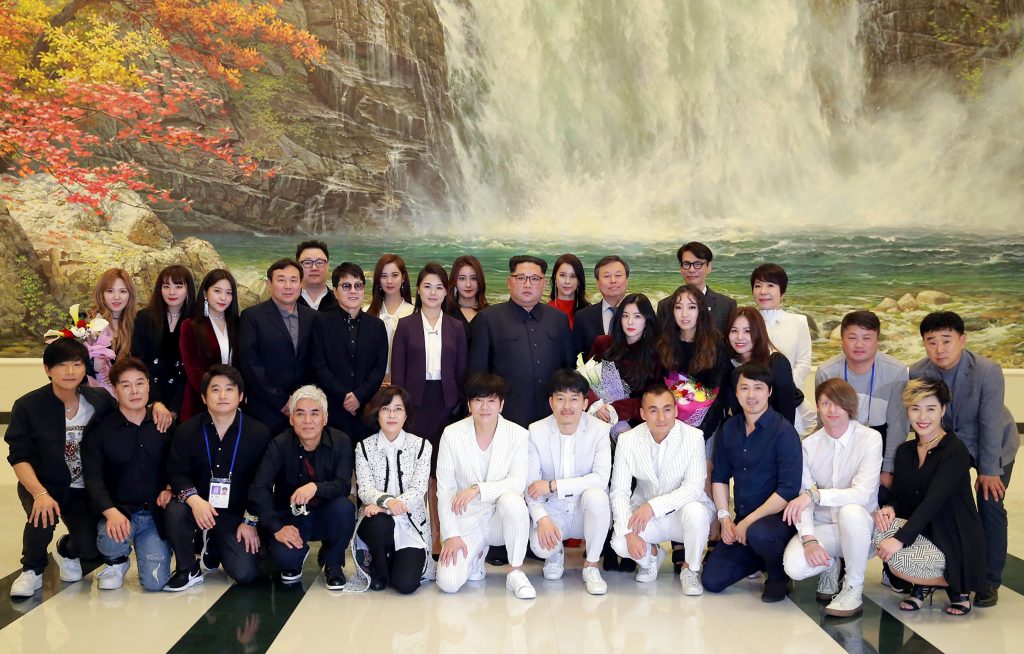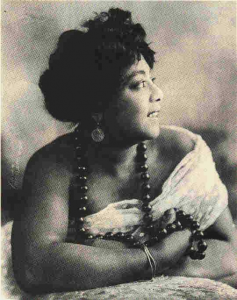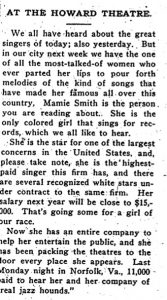In this post, my attention was immediately drawn. A professor of musicology at Columbia University named Paul Henry Lang made critical remarks regarding the musical education of the general public. He believed that those in the industry were failing to create a musically educated environment. These people included teachers, boards, communities and committees. His issue is basically the corruption in favor of those in power. Managers and directors use their power to make artistic decisions for the artist(s). Professor Paul Henry Lang articulated his views in response to a news magazine article (Harper’s Magazine) that stated, “practically the entire literature of music has been recorded; and from now on only duplications can be expected.” Professor Lang asks, in response to this quote, “how can such an uninformed concept of the literature of music arise?” He then goes on to talk about his inferences on why such an uninformed comment was made (these inferences being about the power dynamics in the industry as I described previously).
I find this article extremely timeless (for at least the last century). These are the same issues we deal with in the music industry today. Many artists have little to no control over their image and artistic choices. For example, Megan Thee Stallion has been forced to embody her “Hot Girl” persona and rap songs that all have the general sexual message. She sued her label, 1501 Certified Entertainment because they were not allowing her to release her new album. Here’s a link to an article that better explains it.
Frank Ocean also had issues with his label Def Jam and decided to leave in 2016 after releasing his second studio album Endless. This allowed him to independently release another album, Blonde, very soon after. He describes his relationship with Def Jam as “a bad marriage”. Here’s a link to an article with more information.
More and more artists are beginning to release music independently because they know how controlling record labels can be. Maybe this is the answer to the abuse of power in management within the music industry.
Chicago Defender article link: https://www.proquest.com/hnpchicagodefender/docview/493728735/60A0321019944CECPQ/4?accountid=351
Citations
Hogan, M., 2020. Why Is Megan Thee Stallion Suing Her Record Label?. [online] Pitchfork. Available at: <https://pitchfork.com/thepitch/megan-thee-stallion-suing-record-label-suga/> [Accessed 16 November 2021].
Levine, Nick. “Frank Ocean ‘Left Record Label Early’ Because It Was like a ‘Bad Marriage’, Says Report.” NME, September 17, 2016. https://www.nme.com/news/music/nme-2595-1198708.
“Musicologist Criticizes Music World.” 1959.Daily Defender (Daily Edition) (1956-1960), Jul 29, 8. https://www.proquest.com/historical-newspapers/musicologist-criticizes-music-world/docview/493728735/se-2?accountid=351.




